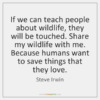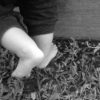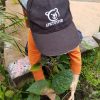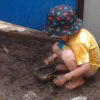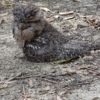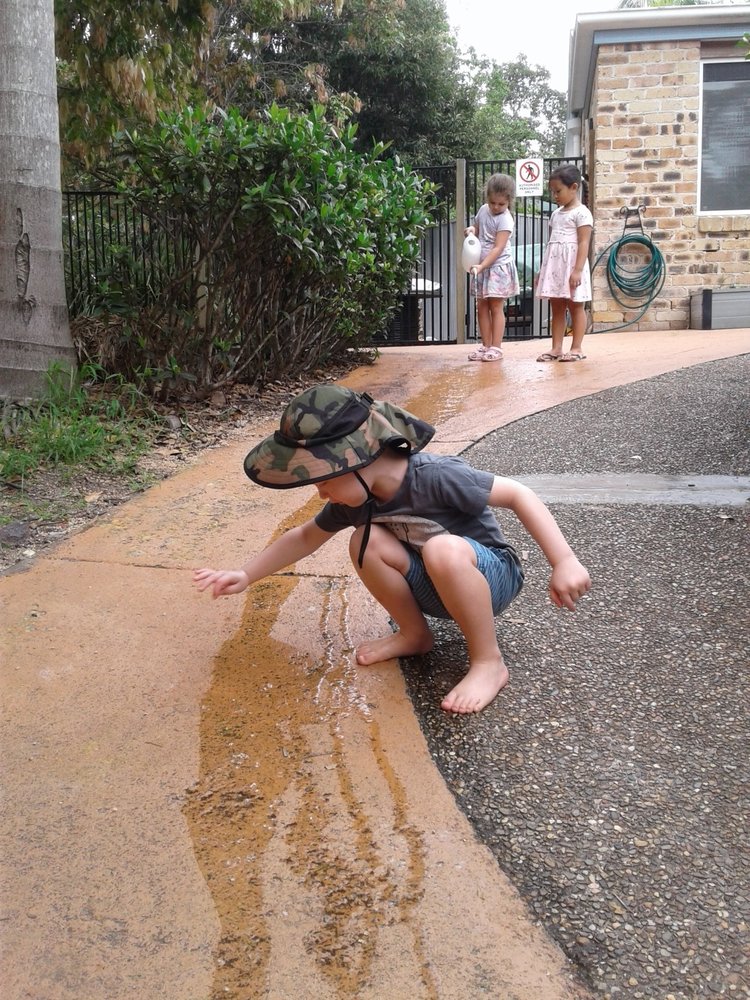
STEAM is an educational approach to learning that uses Science, Technology, Engineering, the Arts and Mathematics as access points for guiding student inquiry, dialogue, and critical thinking. The end results are students who take thoughtful risks, engage in experiential learning, persist in problem-solving, embrace collaboration, and work through the creative process. These are the innovators, educators, leaders, and learners of the 21st century!
Steam is a part of our teaching through our Nature Play program, adding Literacy, STEAM then becomes METALS: Mathematics, Engineering, Technology, Arts, Literacy and Science.
What may look like a simple days play is actually an immersive and intense growth of a child’s mind and comprehension. A child who one day might build the future of aviation technology because he/she was fascinated by the way seeds fell and swirled through the air to the ground or a child who’s future is in environmental science and protection because the experience of observing the miracles of nature will inspire a passion to last a life time. Each experience in our program is an opportunity for individual education through play.
Exploring the world around them allows children to grow into confident and competent learners and help them feel comfortable to ask questions and create experiments to get answers. Each concept of METALS is grounded to the process not just the end product. In our natural environment our children are showing increased ability to question, observe and communicate, all fundamental parts of METALS education and pedagogy.
We don’t need big experiments and lots of equipment to practice metals, all we need to do is to be open to children’s questions and to encourage them to discover in our natural world. Our ability to give enriched care giving is a part of our practice in all we do when out in our environment. We also adopt a progettazione (Reggio, project approach) such as the gardens when we are interacting with large groups incorporating intentional teaching.
Our nature play program is run mostly through inquiry based learning incorporating METALS to help build confident and capable learners. We follow the children’s interests allowing each child the opportunity to be constructors of their own knowledge leading to active learning that extends over their early childhood education and beyond.
Miss Kyra
Nature Warrior

